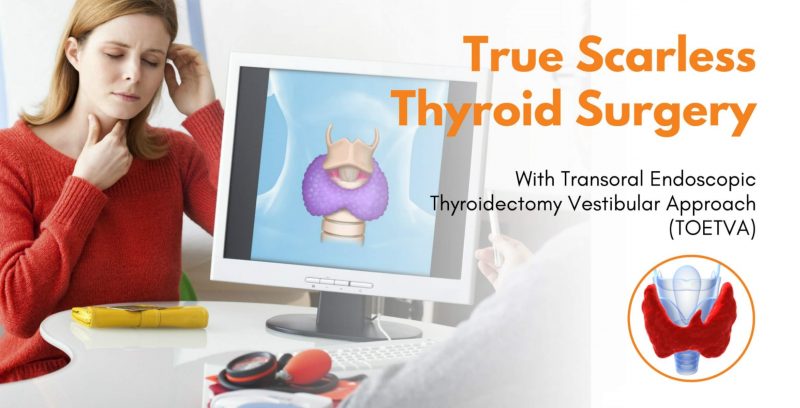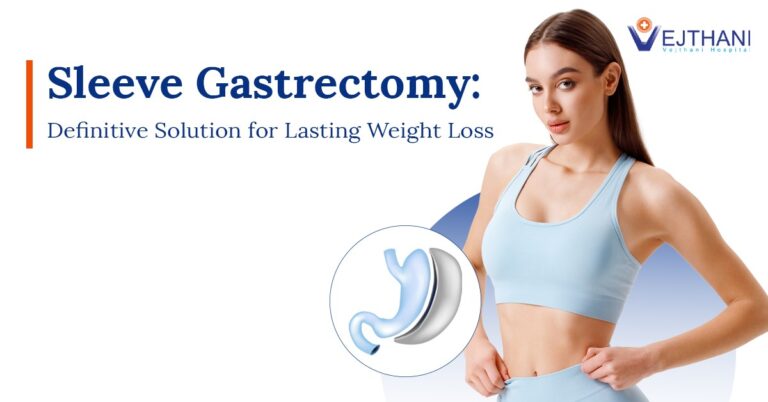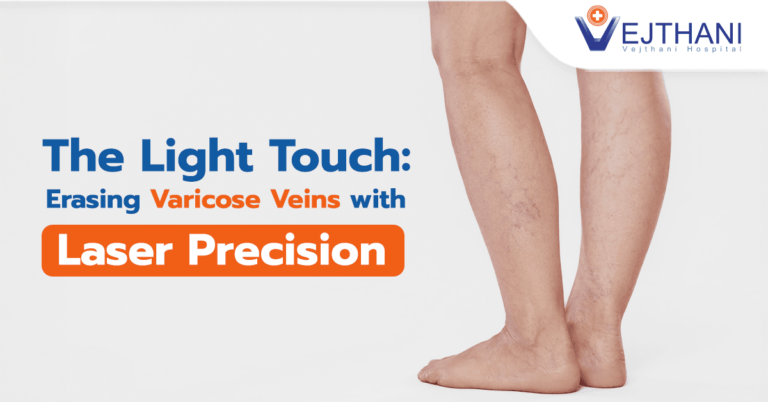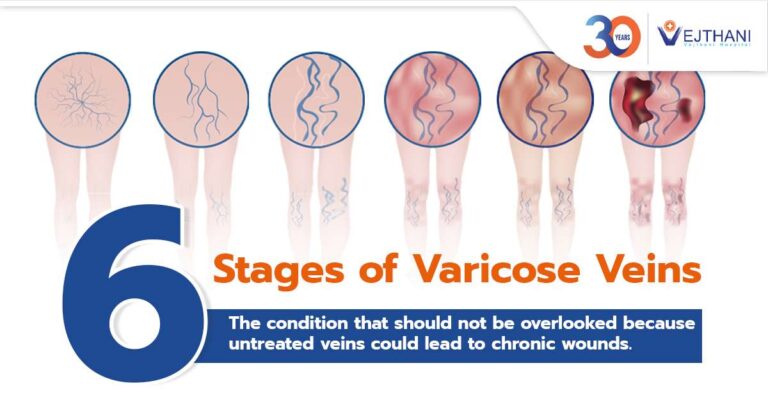Have you noticed any changes on your neck like some bumps or mass which could either bother your personal appearance, or worst, having signs and symptoms of Thyroid Gland disorders such as:
Hyperthyroidism
- Sweating
- Heat Intolerance
- Nervousness and irritability
- Increased heart rate causing palpitations
- Weight loss but with increased appetite
- Increased bowel movement
Hypothyroidism
- Fatigue or weakness
- Cold intolerance
- Coarse dry hair and rough pale skin
- Muscle cramps and frequent muscle aches
- Weight gain or increase difficulty of losing weight
The Thyroid Gland is a large ductless gland in the neck that secretes hormones regulating growth and development through the rate of metabolism. There are a lot of conditions associated with thyroid gland disorder. Some of which, if detected early, could be treated with medications but some maybe too dangerous or very disturbing and may even require surgery.
In today’s generation, people sought for a faster, less painful, less complicated, and a scarless approach when undergoing surgery. This is the reason why a lot of research study and investigation was done to come up with the Transoral Endoscopic Thyroidectomy Vestibular Approach (TOETVA). It is a natural orifice transluminal endoscopic surgery which has been adopted for thyroid surgery because of its potential for a scar-free operation.
TOETVA is safe and feasible, resulting in no visible scarring. This technique may provide a method for ideal cosmetic results compared to Open Thyroidectomy where scar is a problem, especially on women and the young age population. This approach has been practiced in Thailand since April 2014 up to present according to Angkoon Anuwong, MD, a specialist on TOETVA.
Indications for TOETVA
- Thyroid nodule
- Thyroid mass not more than 10cm each side
- Thyroid cancer
- Symptomatic thyroid mass or goiter
- Aesthetic concerns due to a goiter
- Grave’s Disease
- Hyperthyroidism
Preoperative Workup
For thyroid nodules, the patient should have a thyroid ultrasound, and a fine-needle aspiration should be performed for large or suspicious nodules. Those with lesions suspicious for papillary or medullary thyroid cancer should also have an ultrasound performed of the lateral neck compartments to be evaluated for metastatic disease.
CT imaging of the neck is helpful, especially in patients with significant goiters, to rule out substernal extension. Note that contrast-enhanced scans can limit the ability to provide radioactive iodine in patients with iodine-avid tumors.
Additionally, all patients undergoing thyroidectomy should have their vocal cord function evaluated and documented prior to surgery.
During Procedure
The entire operation will last approximately for 1-2 hours, depending on each individual case. The patient should be placed in a supine position. Care should be taken to avoid hyperextension of the neck, and the head should be supported to provide maximal exposure of the surgical field without hyperextension.
The oral cavity was washed with 0.05% Hibitane in Water before incision and right after suture to prevent infection. The patient will be sedated under general anesthesia and endotracheal intubation will be done through the nasal route. Three small incisions will be made on the vestibule of the oral cavity where the ports (three-port technique) will be placed and include one midline 10 mm camera port and two lateral 5 mm working ports. The operative field will be insufflated with carbon dioxide which will provide easier access.
After the thyroids are removed, the deep fascia was closed using absorbable sutures and the vestibular port sites will be closed in layers using absorbable sutures.
Three Types of Nerves and Gland Avoided During the Surgery
- Mental Nerve– during incision at the vestibule area
- Recurrent Laryngeal Nerve– while approaching thyroid gland
- Parathyroid Gland(humans usually have 4 Parathyroid Gland) – preserved because they are attached to the posterior surface of the lateral lobes of the thyroid gland.
Expected Complications after the Operation
According to the research study done by Surgeons in Thailand who performed TOETVA, the following are the observed complications after the surgery:
| Complications |
Reported Cases |
| Surgical Site Infection |
none |
| Transient hoarseness |
5 cases (2-6 months resolved) |
| Permanent hoarseness |
none |
| Paresthesia (an abnormal sensation,typically tingling or pricking) at lower lip |
2 cases (4 weeks resolved) |
| Late hematoma |
1 case ( 3 days post-op) |
| Transient Hypoparathyroidism |
8 cases |
| Permanent Hypoparathyroidism |
none |
Recovery Period
After the surgery the patient may be discharged at a matter of 2-3 days. Furthermore, the sutured incision site on the vestibule area may heal within 7-10 days and will no longer look visible within 2-3 weeks post-op. However, there are some special precautions which need to be observed after the surgery such as:
- Notify the doctor immediately if a coughing sensation which may trigger bleeding
- Avoid hard foods or chewing and spicy foods which irritates the throat. Maintain on soft diet as advised.
- Notify doctor if with constipation because pushing too much force can trigger bleeding of post-operative site.
- Notify doctor immediately of has difficulty of breathing, numbness, bruising, or increased drainage.
Vejthani Hospital General Surgery Clinic offers a full range of extensively experienced surgical specialties with the latest technology where Transoral Endoscopic Thyroidectomy Vestibular Approach is expertly performed.
Our clinic is constantly improving our treatments and service standards because we truly care for our patients’ satisfaction. Our certified team of dedicated surgeons together with the latest hi-technology surgical instruments and modern facilities is our guarantee to you that our service is definitely excellent. Furthermore, the environment is relaxing and above all highly hygienic. Thus, rest assured that you will get the satisfactory results. Follow-up check-ups were scheduled after the surgery to assess development and recovery of the patient.
We are open Monday to Sunday from 8:00am to 8:00pm.
Vejthani General Surgery Clinic is located at third floor.For appointments and inquiries
Phone : +66 (0) 2734-0000 ext. 4500, 4501; Fax : +66 (0) 2734-0375



























